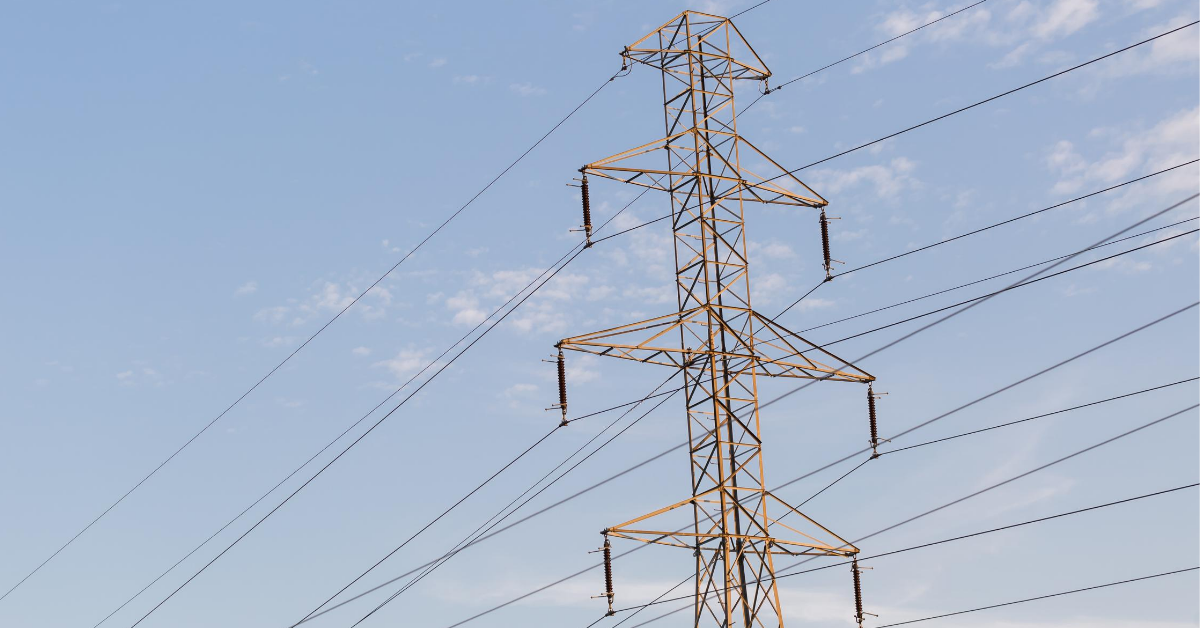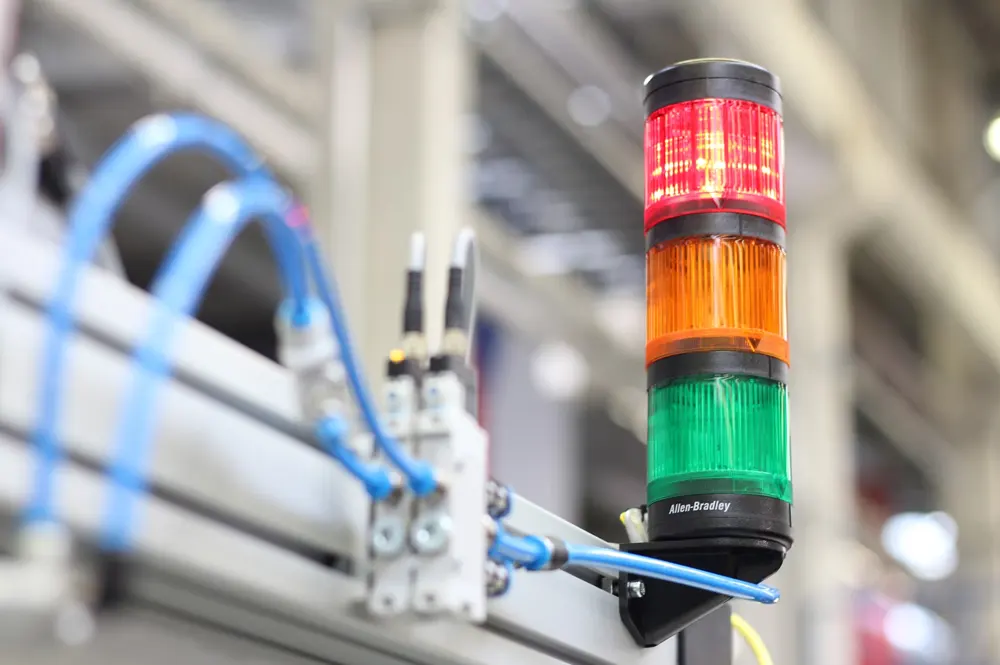You can’t control many of the reasons power outages may happen —but you can take proactive safety measures to protect your family and home against the threat of power outages. Consider these tips:
- Invest in a home generator. A portable backup power source can keep critical equipment like refrigerators, sump pumps and air conditioners running during a blackout.
- Utilize surge protectors. A UL-listed surge protector can safeguard expensive electronic devices like televisions, gaming consoles and desktop computers.
- Develop a family emergency communications plan. It’s important to have a game plan so everyone knows what to do and when. Decide on a meeting spot, identify shelter locations and store the plan on your cellphone.
- Assemble an emergency survival kit. Account for your pets, too. The American Red Cross recommends having the following items readily available:
- One gallon of water per person per day for at least three days
- Nonperishable food to last each person three days
- Flashlight and extra batteries
- First-aid kit
- Sanitation and personal hygiene items
- Copies of important personal documents (e.g., medication lists, passports, birth certificates and insurance policies)
- Cellphone with both wall and car chargers
- Pet food, supplies and water
- Emergency contact information for family and friends
When the storm is approaching or the lights are already out, consider unplugging or turning off electronics and small appliances. Remember to keep freezer and refrigerator doors closed as much as possible to maintain cold temperatures. If unopened, the refrigerator will keep food cold for about four hours, and a full freezer will hold its temperature for 48 hours—24 hours if it is half full.








